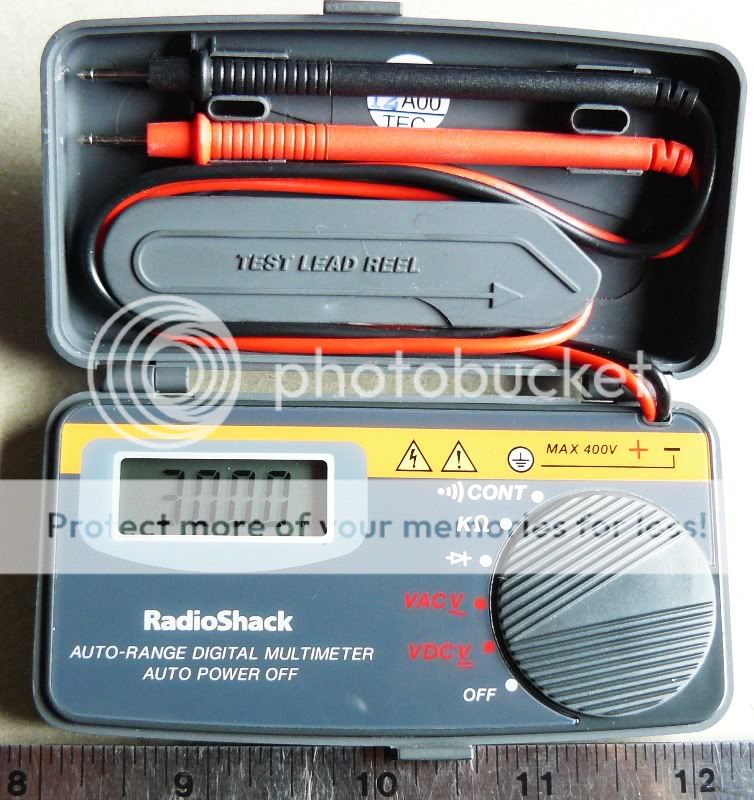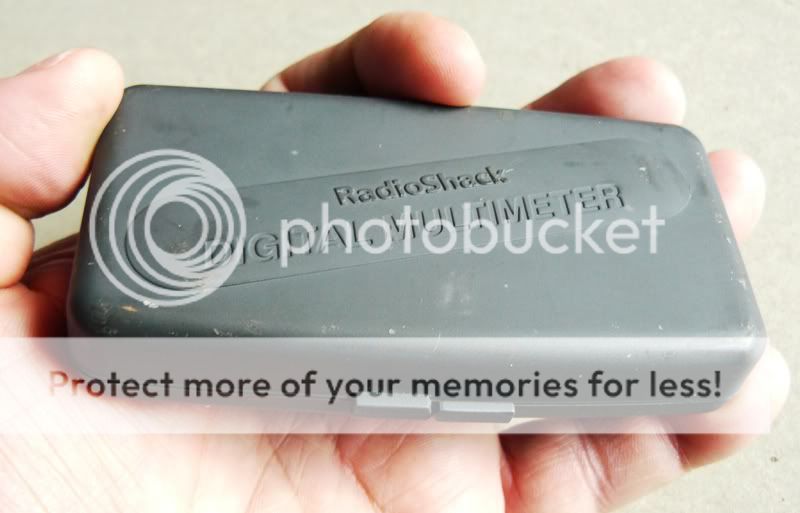Not being an electronics guru whatsoever, I have a rather ridiculous question...
For testing LIon voltage, does the multimeter I purchase have to have any particular setting or range?
I was thinking of hopping down to my local crappy tire and buying this one (looks a little more robust than DX's testers):
http://www.canadiantire.ca/browse/product_detail.jsp?FOLDER%3C%3Efolder_id=1408474396672448&bmUID=1237051001437&PRODUCT%3C%3Eprd_id=845524442132041&assortment=primary&fromSearch=true
(use postal code N1R8C4)
And for pulse load testing, I already have a ZTS tester on the way....
For testing LIon voltage, does the multimeter I purchase have to have any particular setting or range?
I was thinking of hopping down to my local crappy tire and buying this one (looks a little more robust than DX's testers):
http://www.canadiantire.ca/browse/product_detail.jsp?FOLDER%3C%3Efolder_id=1408474396672448&bmUID=1237051001437&PRODUCT%3C%3Eprd_id=845524442132041&assortment=primary&fromSearch=true
(use postal code N1R8C4)
And for pulse load testing, I already have a ZTS tester on the way....





 Please note that the multimeter in the photo is set to display the resistance of the circuit - never use this setting for battery testing! Always set your meter to DC Volts when testing batteries
Please note that the multimeter in the photo is set to display the resistance of the circuit - never use this setting for battery testing! Always set your meter to DC Volts when testing batteries